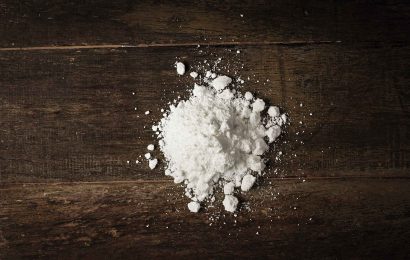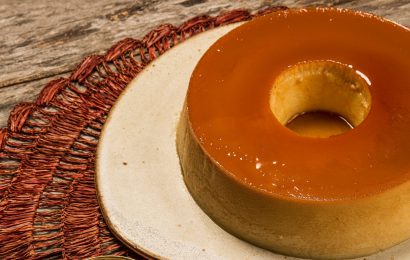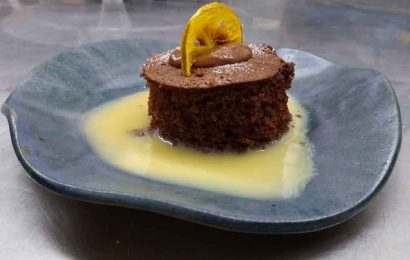The action of food distribution promoted by Instituto Brasil a Gosto last weekend at Vila Brasilândia (a neighbourhood of São Paulo) is one of these days that become part of the life history of everyone involved, leaving marks and hopes for a future with good, fair and accessible Brazilian cuisine.
It was a logistic challenge to transport more than 10 tons of fresh food, most of them in natura, in one of the regions most affected by Covid-19 in the whole country, respecting all the necessary protocols and keeping the unnecessary risks at bay for hundreds of people involved in the task.
The work started five days before the action, on Monday. Cooperquivale, the main structure involved in this project and the responsible for coordinating and distribute the crops from different communities of Vale do Ribeira, made a list of the needs and products and sent it to the communities, requesting the harvesting and delivery of this food to their headquarters in Eldorado. Each producer made an analysis of their capacity and confirmed their orders with Coopequivale (communicates Cooperquivale to confirm their participation).
On Wednesday, the products started to arrive at the cooperative in Eldorado, where the team started to sort and organize the boxes for transport and weight checking. This process lasted two days making it possible for a truck with nearly 600 boxes of food from Roça Quilombola and caiçara fishing to make its way to Vila Brasilandiaon Friday.
This truck was driven by Leandro and left Miracatu (city in Vale do Ribeira) at 4:00 am and arrived at 7:30 am in Vila Brasilândia, where we met. I am describing all of this for us to understand how complex the chain is and how many people are involved in it in order for us to do something that big.
More than 25 volunteers were working in one of the three points of distribution at Brasilândia. During the day we managed to provide food baskets for 915 families and to a community’s nursery that, besides being closed because of the pandemics, keeps feeding 150 children a day.
At the first distribution point, we made kits with at least 10 items from Roça Quilombola and dried fish from the caiçara community. We planned everything in a way that we could reduce the use and waste of plastic, so the families were oriented to bring bags, boxes or other container to carry their donation home.
While some volunteers were organizing the line, others were setting up the kits. They had products like fresh hearts of palm, manioc flour, rapadura e taiada (products from sugarcane), honey, dried fish, manioc, yam, avocados, limes, papayas, bananas, oranges, tangerines and banana chips. These kits benefited 685 families between 8;00 am and 2:30 pm. At the same time, we received and met the demands of the nursery for ingredients such as yam, manioc, dried fish, orange and banana.
When this phase of distribution ended, we still had a hundreds of boxes with yam, limes, oranges and bananas. So we went to a second stop, where we managed to benefit other 140 families.
There are thousands of feelings that emerge in a process like this. You feel tired, tense and worried with the risks of Covid-19 transmission. And you also the surprise, the unexpected, the connexions that came from the realization that we are this mix of people, with precious knowledge of our ingredients and, there is no doubt, we need to fight even harder to protect this.
In the middle of this intense logistics, we heard lots of people expressing joy to find out they would receive “big yam”, “yellow manioc” or “country limes”. We are talking about a reencounter with ingredients that fell in disuse or became inaccessible to these people. It is about food, but it is also about identity, expressed by the joy of the woman that told me that since she came to São Paulo, she had never eaten dried-fish farofa (a Brazilian traditional dish made with corn or manioc flour) and saying that this would be on her lunch that day.
It was later than 4:00 pm when we went to the third point of distribution with 23 boxes of bananas and yam. We parked the lorry in one of the access streets of Iraque community. Then we went door to door telling the neighbourhood we had some donations with us. It only took a little time for us to benefit more 90 families.
Once the volunteers were discharged, Leandro, the driver, could start his trip back: 3 hours to Miracatu, where he cleaned and unloaded the empty boxes. Work is in progress, every day, at the quilombola lands and caiçara fishing groups. And so is our daily work promoting this campaign and raising funds. The campaign is still on, because there are still so many hungry people and so much food to be harvested and sold. You can also be part of this! #pelacozinhabrasileira



